 Made Proudly in the USA
Made Proudly in the USA 
 Made Proudly in the USA
Made Proudly in the USA 
The toxicity of diesel spill was reduced facilitating healthy growth of grass and other vegetation at the site. TPH of the soil was reduced from 65,000 ppm to less than 1000 ppm by on site application. Restoration of vegetation and reduction of toxicity of spill using AgroRemed was achieved at a cost of less than $ 2,000.00.
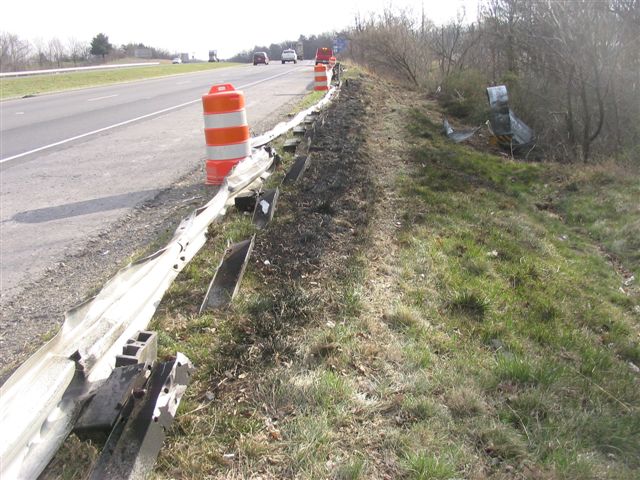
A tractor/trailer was involved in a highway accident in Virginia releasing approximately 100 gallons of diesel fuel from a ruptured saddle tank and ten gallons of motor oil from the truck engine. The fuel and motor oil destroyed the vegetation along the embankment as seen in the photograph.
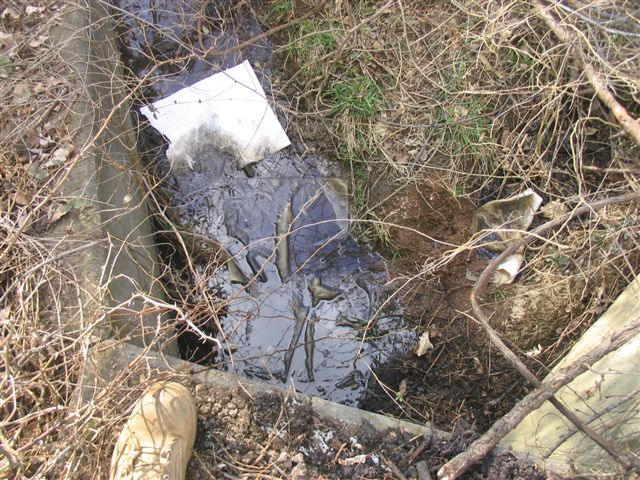
The released diesel and the oil was seen below the embankment and going towards the culvert and to the adjoining vegetation nearby.
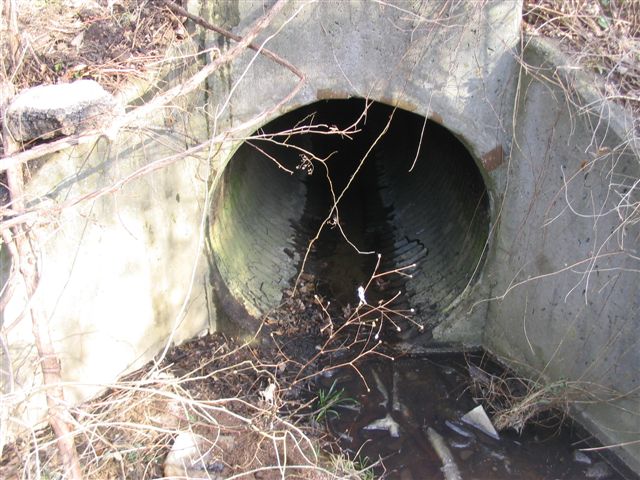
The entrance of the culvert showing accumulation of diesel.
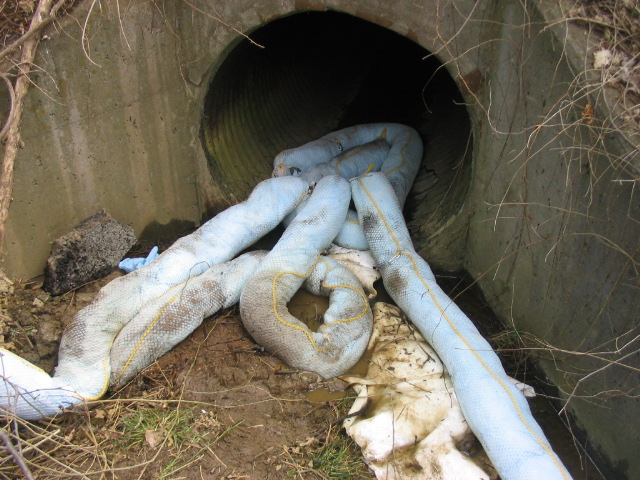
The free oil seen earlier was mopped using absorbent socks placed both outside and inside the culvert to prevent spread of the diesel.
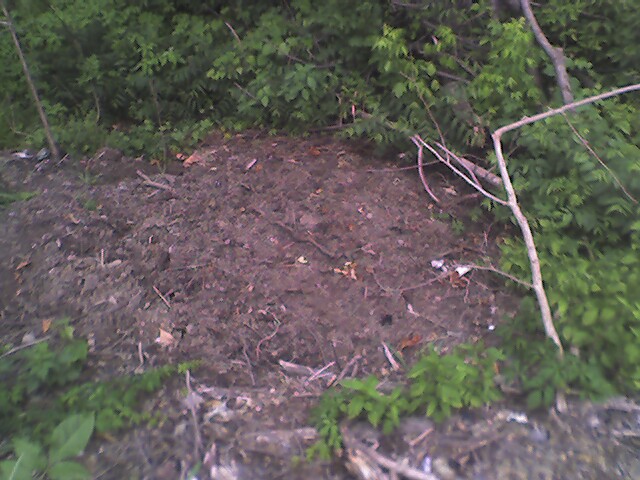
The photograph shows an area indicating denuding of vegetation due to the harmful effects of diesel. Since the affected region was below the slope of the embankment, Virginia Department of Transport found it difficult to excavate and transport the contaminated soil. It was therefore decided to use AgroRemed to bioremediate the contaminated soil and also to restore the soil and allow growth.
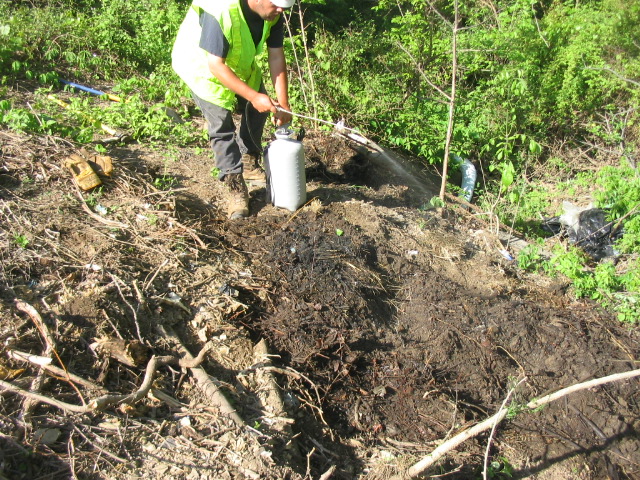
AgroRemed is available in a ready-to use liquid form and hence it is easy to use on the field. It is transferred to any mechanized sprayer for uniform application. The photograph shows one such application in progress.
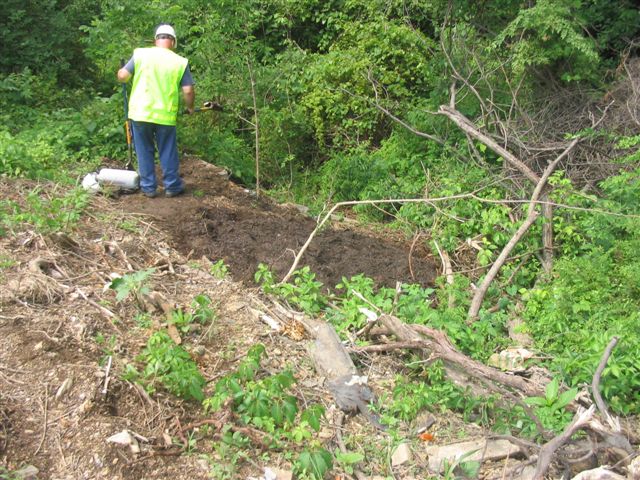
TPH of the soil at the start was 65,000 ppm and was reduced to 26,000 in 20 days time and before end of three months the TPH values in the soil was reduced to 650 ppm with no tainting of the grass. Further, the area was found to support healthy growth of grass and other vegetation indicating no residual toxicity in the soil and AgroRemed helped restoration of the soil to its condition before the spill. The project was approved for closure by the DEQ.